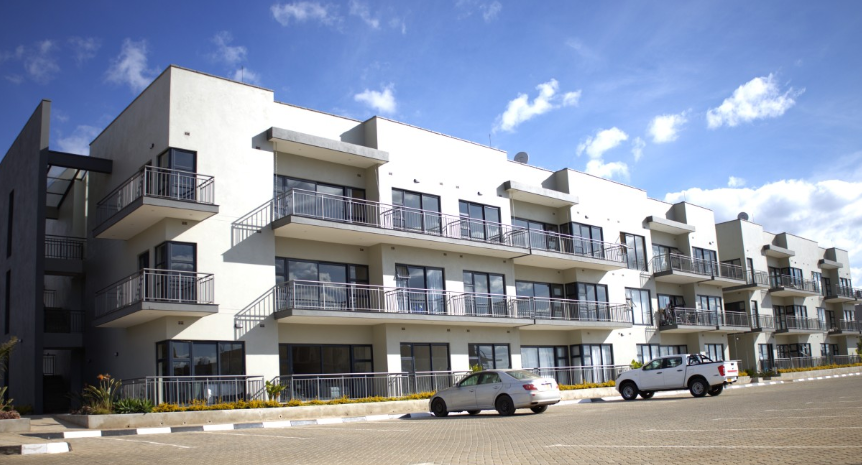Zimbabwe’s real estate market is a reflection of the country’s economic landscape, characterized by resilience amidst challenges. While it faces hurdles such as fluctuating economic conditions, high inflation, and foreign currency shortages, the sector offers significant opportunities driven by urbanization, diaspora investments, and a growing demand for affordable housing.
Market Overview
The Zimbabwean real estate sector spans residential, commercial, industrial, and agricultural properties. Harare, the capital city, serves as the focal point for much of the activity, with other urban areas like Bulawayo, Mutare, and Victoria Falls also contributing to the sector’s dynamics.
Over the years, economic instability and hyperinflation have shaped the market. Property has become a hedge against inflation, with real estate often viewed as a safer store of value compared to volatile local currencies. As a result, demand for land and properties, especially in prime areas, remains strong.
Key Drivers of Growth
- Urbanization: Zimbabwe is experiencing significant rural-to-urban migration as people move to cities for better job prospects and services. This shift has created a housing shortage in urban centers, fueling demand for residential properties across various income brackets.
- Diaspora Investments: Zimbabweans living abroad play a critical role in the real estate market. Diaspora remittances often fund property purchases or development projects, driving demand for residential and commercial properties.
- Tourism: Iconic destinations like Victoria Falls and national parks contribute to the growth of the tourism-related real estate sector. Investments in hotels, lodges, and short-term rental properties cater to the country’s growing tourism market.
- Affordable Housing Initiatives: The housing deficit, estimated at over 1.2 million units, has prompted the government and private sector to focus on affordable housing projects. Partnerships between local developers and international investors aim to address this gap.
Regional Highlights
- Harare: As the country’s economic hub, Harare dominates Zimbabwe’s real estate market. Demand is high for residential properties in middle- to high-income neighborhoods such as Borrowdale, Mount Pleasant, and Glen Lorne. The city also has a robust commercial property market, with office spaces and retail developments in prime areas.
- Bulawayo: Known as the industrial capital, Bulawayo offers opportunities in industrial real estate. Residential demand is also growing, driven by its relatively lower cost of living compared to Harare.
- Victoria Falls: This world-famous destination is a hotspot for tourism-related real estate investments, including hotels, lodges, and high-end residential properties.
Challenges
Zimbabwe’s real estate market faces several challenges:
- Economic Instability: High inflation and fluctuating exchange rates impact property valuations and construction costs, making it difficult for developers to plan and price projects effectively.
- Access to Financing: Limited mortgage financing and high-interest rates make property ownership difficult for many, constraining demand in certain segments.
- Infrastructure Deficits: Inadequate infrastructure, including roads, water supply, and electricity, hinders the development of new projects, especially in peri-urban and rural areas.
Opportunities and Outlook
Despite these challenges, Zimbabwe’s real estate sector holds promise. Investments in affordable housing, infrastructure development, and the tourism sector are key growth areas. For investors, understanding local dynamics and leveraging partnerships with local stakeholders are crucial to navigating the market.
As Zimbabwe works towards economic stabilization, the real estate sector remains a vital component of its recovery, offering opportunities for growth and long-term value creation.

Leave a Reply